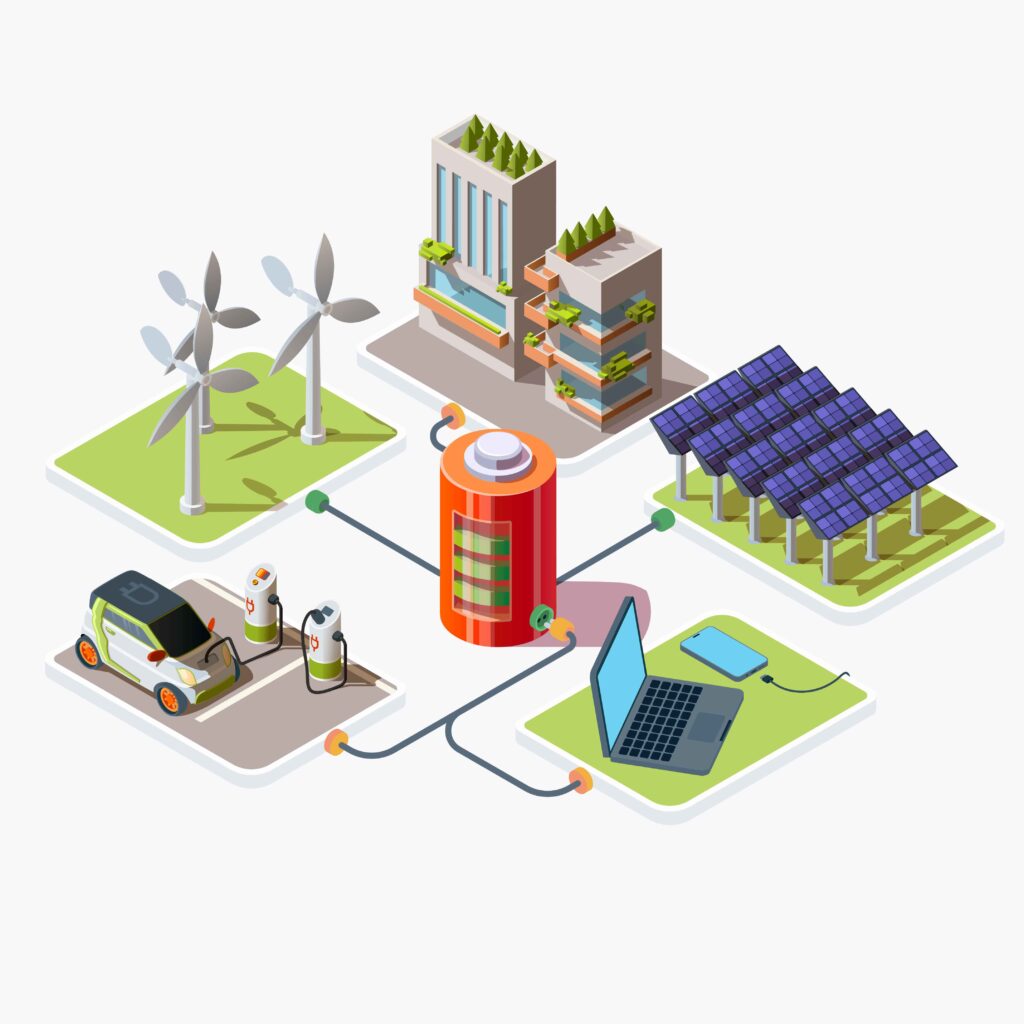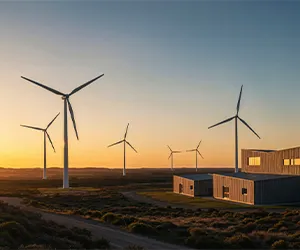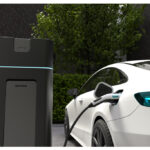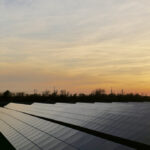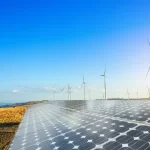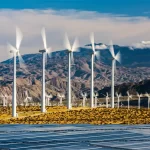BESS & PSP in India: Strengths, Challenges & Future
India is rapidly moving toward green and clean energy. To make this transition more efficient and dependable, we require the possibility to store electricity so that it can be utilized later. Two such technologies that assist in doing so are Battery Energy Storage Systems (BESS) and Pumped Storage Power Plants (PSP). They are not mere technical abbreviations; they are tools of immense power that can assist our country’s overall energy system. But before we discuss their strengths, weaknesses, and the future, let’s understand in simple terms what a pumped storage power plant is and what a battery energy storage system means.
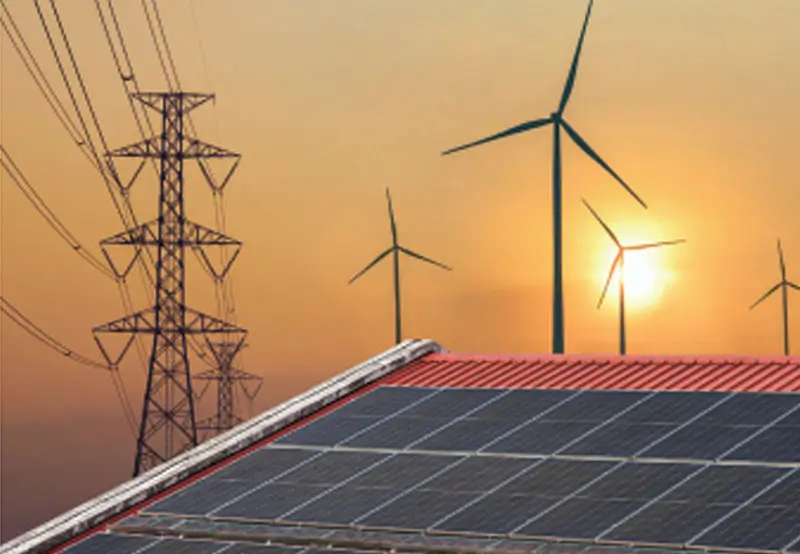
What is Battery Energy Storage System (BESS)?
A Battery Energy Storage System (BESS) is a system that accumulates electrical energy in the form of batteries to be used in the future. It charges up the batteries when there is surplus electricity in the grid (say, during peak solar production in the afternoon) and releases the stored electricity when electricity is demanded more than what the supply is (such as during evenings). They behave as giant power banks for the grid and are crucial for making renewable energy sources such as solar and wind useful.
The ultimate advantage of BESS is the swift response. It is capable of beginning power delivery in milliseconds, which makes it ideal for stabilizing voltage and frequency in the grid. Furthermore, it may be installed nearly everywhere — cities, villages, industrial areas, and remote areas too.
What is Pumped Storage Power Plant (PSP)?
A Pumped Storage Power Plant (PSP) is a hydroelectric energy storage. It entails pumping water between two reservoirs, which are at different levels. While there is excess power, water is pumped from the lower reservoir to the higher reservoir. While there is a requirement, the stored water is piped down through turbines to generate electricity.
PSP is an effective and well developed technology of large scale energy storage. PSP can hold very high amounts of energy and can provide power to the system during long periods and hence is ideally suitable for grid stabilization of multiple hours or days. The PSP systems also possess long lifetime and operating costs.
Strengths of BESS & PSP in India
Both BESS and PSP in India offer unique advantages in addressing the country’s energy storage needs:
Strengths of BESS:
BESS is agile and fast.It lends itself well to rapidly fluctuating loads, and has the ability to rapidly feed power back into the grid so as to react to sudden supply reductions or demand surges. BESS is modular, so it can be increased or decreased as the need arises. Where land is limited in cities, BESS can be installed in compact sites.
India’s solar push, especially rooftop solar, adds value to BESS even more. It causes the residential and business customers to charge solar energy during the daytime and consume it at night. This makes reliance on the grid minimal and self-sufficient.
Strengths of PSP:
India is naturally suitable for PSP. Most areas contain natural elevations, rivers, and reservoirs that can be reallocated for PSP. The current hydropower facilities in Maharashtra, Tamil Nadu, Himachal Pradesh, and West Bengal can be extended to encompass PSP plants.
PSP power plants are durable and possess a longer lifespan than batteries. They can produce hundreds or even thousands of megawatts. Their high-scale and long-term potential makes them a strategic match for grid stability.
Challenges of BESS & PSP in India
Despite their advantages, both BESS and PSP in India face several challenges that need to be addressed to unlock their full potential:
Challenges of BESS:
The largest issue with BESS is cost. Top-quality battery systems, particularly those based on lithium-ion technology, are pricey. Additionally, the majority of raw materials utilized to produce these batteries, including lithium and cobalt, are imported.
Batteries also wear out after a while and must be replaced every few years. Proper recycling and disposal of spent batteries is another issue arising. Without proper handling, battery waste becomes an environmental threat.
Challenges of PSP:
Despite its advantages, PSP has several limitations. Firstly, it requires specific geography, including access to water and elevation differences. Building new reservoirs or modifying existing ones can lead to environmental concerns such as forest loss, displacement of communities, and biodiversity impact.
Additionally, PSP projects have long gestation periods. It takes several years to complete surveys, acquire land, get clearances, and construct the infrastructure. Financing such large projects is another hurdle.
Government Initiatives and Future Prospects
Recognizing the importance of sustainable energy storage, the Indian government is actively promoting both PSP and BESS. The National Electricity Plan and Renewable Energy Roadmap show objectives to add the storage capacity. BESS projects are also being tendered by different state electricity boards and public sector units.
It is developing new financial models that will bring some private investment. It is additionally attempting to establish the Make in India program to manufacture the parts of the battery in the country.
Baseline research is being conducted on alternative materials such as sodium-ion and flow batteries, which might be more applicable and cheaper.
The potential of long-term storage using PSP is receiving new interest. There are a number of new developments ahead. Due to its promising potential, proper planning and sustainable development it may become one of the pillars of clean energy infrastructure in India.
Conclusion
Battery Energy Storage and Pumped Storage Power Plants are becoming an important element in the Indian transition to clean energy. PSP provides long-term, large-scale solutions with low operation costs, while BESS delivers location-flexible and rapid-response energy support. Both technologies have drawbacks, but if combined, they can assist in the creation of a green, affordable, and reliable power grid.
As India boosts the proportion of renewable energy, storage solutions will become the foundation of energy security. With investment in both BESS and PSP in India, we inch closer to a sustainable energy future that illuminates homes, energizes industries, and safeguards the environment for generations to come.
Frequently Asked Questions (FAQs)
BESS stores electricity in rechargeable batteries, whereas PSP stores energy in the form of water, which is used to generate electricity when needed.
PSP has a higher initial investment but lower operational costs, while BESS is more flexible but comes with higher lifecycle costs due to battery degradation.
Yes, hybrid systems combining BESS and PSP can provide enhanced energy storage solutions, optimizing both short-term and long-term storage needs.
India aims to achieve significant energy storage capacity by 2030, with ambitious plans for both BESS and PSP projects.

